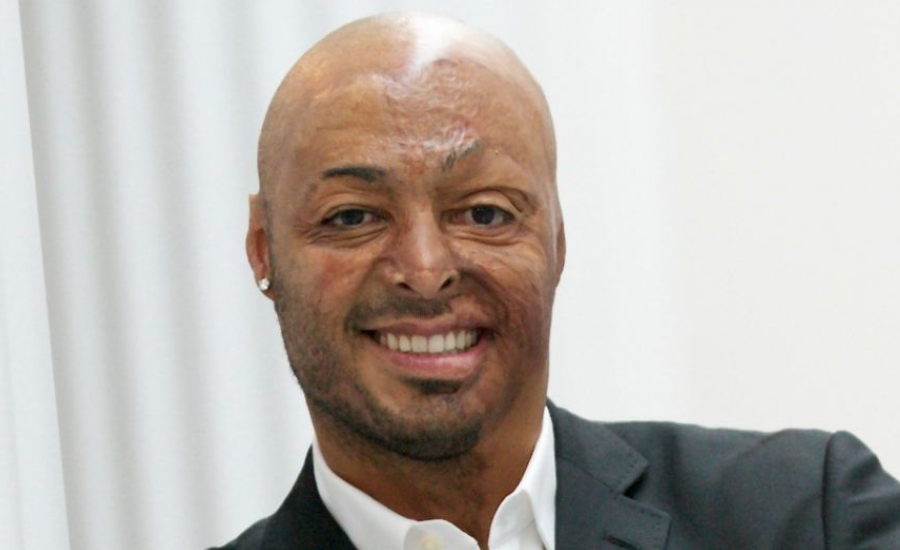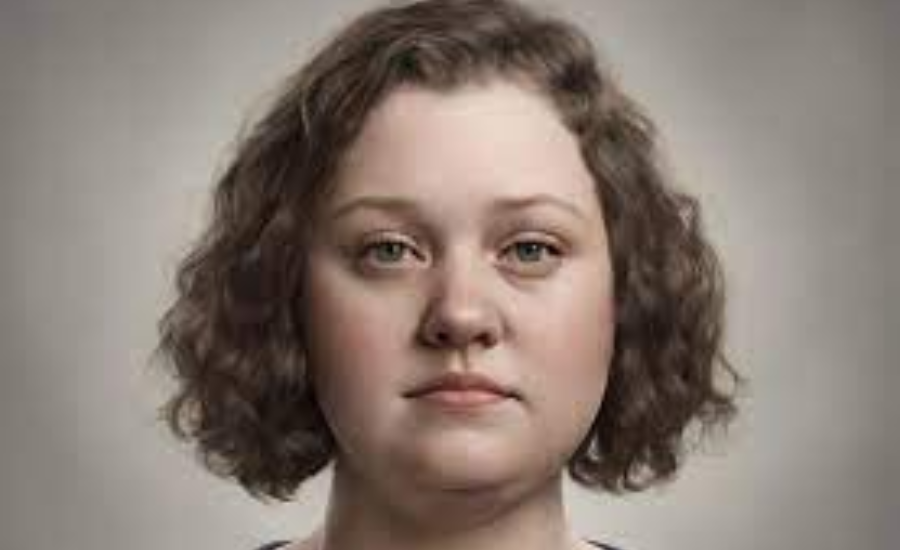Noonan Syndrome is a genetic disorder that affects physical development and can lead to various health issues. While it may present challenges, many individuals with this condition have achieved remarkable success. This article explores the lives of celebrities with Noonan Syndrome who have made significant contributions in their respective fields.
Noonan Syndrome affects approximately 1 in 1,000 to 2,500 people worldwide. It is characterized by distinctive facial features, short stature, heart defects, and other physical abnormalities. Despite these challenges, numerous individuals with Noonan Syndrome have defied the odds and become celebrated figures in entertainment, sports, and other industries.
This article aims to shed light on the inspiring stories of celebrities with Noonan Syndrome. By sharing their journeys, we hope to inspire others facing similar challenges and promote a deeper understanding of this genetic condition.
Read also:Kelsea Ballerini On American Idol A Starstrengthening Journey
Table of Contents
- Biography of Celebrities with Noonan Syndrome
- Common Features of Noonan Syndrome
- Celebrity Profiles
- Impact of Noonan Syndrome on Their Careers
- How They Overcame Challenges
- Medical Advancements and Treatments
- The Importance of Support Systems
- Inspiration for Others
- Raising Awareness about Noonan Syndrome
- Future Advancements and Research
Biography of Celebrities with Noonan Syndrome
Introduction to Noonan Syndrome
Noonan Syndrome is a genetic disorder caused by mutations in several genes, including PTPN11, SOS1, RAF1, and others. It is characterized by distinctive facial features, heart defects, short stature, and developmental delays. Although it poses significant challenges, many individuals with Noonan Syndrome have achieved extraordinary success.
Data and Biodata
Below is a summary of some celebrities with Noonan Syndrome:
| Name | Date of Birth | Profession | Key Achievements |
|---|---|---|---|
| Michael Phelps | June 30, 1985 | Olympic Swimmer | 28 Olympic Medals, Most Decorated Olympian |
| Marilyn Monroe | June 1, 1926 | Actress, Model | Iconic Hollywood Star, Cultural Icon |
| Anthony Hopkins | December 31, 1937 | Actor, Director | Academy Award Winner, Renowned Performer |
Common Features of Noonan Syndrome
Noonan Syndrome manifests through several distinctive features. These include:
- Webbed neck
- Wide-set eyes
- Low-set ears
- Heart defects such as pulmonic stenosis
- Delayed growth and puberty
Understanding these features is crucial for recognizing and supporting individuals with Noonan Syndrome.
Celebrity Profiles
Michael Phelps: The Most Decorated Olympian
Michael Phelps, an Olympic swimmer with Noonan Syndrome, has defied the odds to become the most decorated Olympian in history. Despite facing challenges related to his condition, Phelps has achieved unparalleled success in competitive swimming.
Marilyn Monroe: A Hollywood Legend
Marilyn Monroe, one of Hollywood's most iconic actresses, is believed to have had Noonan Syndrome. Her distinctive features and captivating performances have made her a cultural icon, inspiring generations of actors and fans alike.
Read also:Sam Milby And Catriona Gray Issue The Full Story And Public Reaction
Impact of Noonan Syndrome on Their Careers
Noonan Syndrome can present unique challenges in various aspects of life, including career development. However, many celebrities with the condition have leveraged their strengths to excel in their chosen fields. For instance:
- Michael Phelps used his swimming abilities to overcome physical limitations.
- Marilyn Monroe capitalized on her charm and talent to become a global star.
How They Overcame Challenges
Resilience and Determination
Celebrities with Noonan Syndrome often attribute their success to resilience and determination. They have learned to adapt to their condition and focus on their strengths. Support from family, friends, and medical professionals has also played a crucial role in their journeys.
Therapy and Treatment
Advances in medical treatments have enabled individuals with Noonan Syndrome to lead healthier and more fulfilling lives. Therapies such as growth hormone treatment and cardiac interventions have significantly improved outcomes for many patients.
Medical Advancements and Treatments
Recent advancements in genetic research and medical treatments have revolutionized the management of Noonan Syndrome. These include:
- Growth hormone therapy for addressing short stature
- Cardiac interventions for heart defects
- Genetic counseling for families
These innovations have improved the quality of life for individuals with Noonan Syndrome, enabling them to pursue their dreams with greater confidence.
The Importance of Support Systems
A strong support system is essential for individuals with Noonan Syndrome. Family, friends, educators, and healthcare providers play critical roles in fostering a nurturing environment. By providing emotional support and practical assistance, these networks help individuals with Noonan Syndrome achieve their full potential.
Inspiration for Others
Empowering Individuals with Noonan Syndrome
The stories of celebrities with Noonan Syndrome serve as powerful reminders of what can be achieved with perseverance and determination. Their journeys inspire others facing similar challenges to pursue their passions and overcome obstacles.
Building Confidence and Self-Esteem
By sharing their experiences, these celebrities help reduce stigma and promote acceptance of individuals with Noonan Syndrome. They encourage others to embrace their unique qualities and strive for excellence in all areas of life.
Raising Awareness about Noonan Syndrome
Increasing awareness about Noonan Syndrome is vital for promoting understanding and support. Celebrities with the condition often use their platforms to educate the public and advocate for greater resources and research. Their efforts have contributed significantly to improving the lives of individuals with Noonan Syndrome worldwide.
Future Advancements and Research
Ongoing research into Noonan Syndrome holds promise for further advancements in diagnosis, treatment, and management. Scientists are exploring genetic therapies and personalized medicine approaches to address the diverse manifestations of the condition. These developments offer hope for improved outcomes and enhanced quality of life for individuals with Noonan Syndrome.
Kesimpulan
Celebrities with Noonan Syndrome have demonstrated that challenges can be overcome with resilience, determination, and support. Their inspiring stories highlight the importance of recognizing and celebrating the unique qualities of individuals with this condition. By raising awareness and promoting research, we can create a more inclusive and supportive world for everyone.
We invite you to share your thoughts and experiences in the comments below. Feel free to explore other articles on our site to learn more about Noonan Syndrome and related topics. Together, we can make a difference in the lives of individuals with this remarkable condition.
Data sources: National Institutes of Health, Genetics Home Reference, Mayo Clinic.


